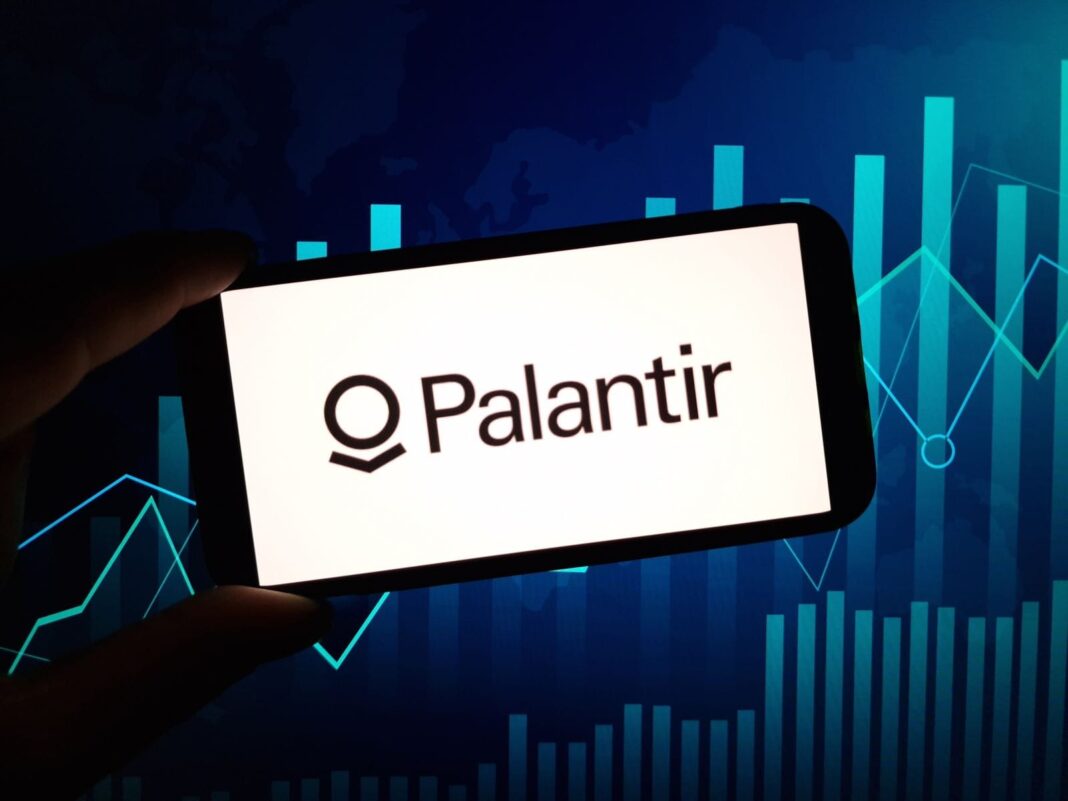In a significant move to modernize military intelligence and bolster strategic readiness, NATO has officially procured the Maven Smart System (MSS NATO) from U.S. defense tech firm Palantir Technologies.
The deal marks a milestone in NATO’s shift toward artificial intelligence-powered operations, with the alliance aiming to centralize battlefield awareness, enhance decision-making, and streamline interoperability across its 32 member nations.
This is one of NATO’s fastest-ever procurement initiatives — completed in just six months — signaling the urgency with which the alliance is adapting to emerging threats and next-generation warfare.
A New Era of Military Intelligence
At its core, the Maven Smart System fuses data from satellites, sensors, drones, and ground operations into a unified digital interface. The AI engine behind it helps identify and prioritize threats, recommend tactical responses, and visualize complex combat scenarios in real time.
While already deployed within select U.S. military branches, its adoption by NATO signals a broader international commitment to AI as a central pillar of defense strategy.
“This system gives commanders a real-time advantage that used to take hours or even days to assemble. It changes how we fight, how we plan, and how we protect our people,” said a NATO official familiar with the program.
Market Reaction: Palantir Stock Climbs
News of the deal sent Palantir Technologies (PLTR) stock sharply upward, surging 6.5% in premarket trading to reach $94.28.
The spike reflects growing investor confidence in Palantir’s expanding global defense footprint and its ability to secure large-scale, long-term contracts.
This momentum builds on the company’s broader strategy to deepen ties with U.S. allies and shift its image from a Silicon Valley upstart to a cornerstone of Western military infrastructure.
Analysts have interpreted the NATO deal as a validation of Palantir’s dual-use tech — blending civilian and defense applications — and as a potential springboard for further international defense partnerships.
Strategic Significance for NATO
Beyond battlefield insights, MSS NATO offers something equally critical: standardization. With 32 nations often operating diverse platforms and protocols, the system is designed to create a shared language of data — improving coordination, reducing duplication, and enhancing mission success.
According to defense insiders, NATO’s decision to move forward with Palantir’s platform also reflects confidence in the U.S. private sector’s ability to deliver secure, scalable, and innovative technology solutions in a high-stakes environment.
Looking Ahead
The deal has broader implications for the future of defense:
-
AI as a Strategic Asset – As adversaries invest in autonomous systems and information warfare, alliances like NATO are racing to ensure they’re not outpaced by digital innovation.
-
Geopolitical Confidence in U.S. Tech – The rapid approval and deployment timeline signals trust in American defense technology — and perhaps a growing dependence on it.
-
Future Expansion – While details of the contract remain confidential, industry watchers expect this rollout to be the first phase of a larger integration plan that could include cybersecurity, logistics, and intelligence-sharing enhancements.
Palantir’s CEO, Alex Karp, has long positioned the company as a builder of critical infrastructure for Western democracies. This latest agreement puts that mission on full display — and the market has taken notice.
As the world’s largest military alliance integrates artificial intelligence into its core operations, NATO’s partnership with Palantir could become a template for modern coalition warfare.
For Palantir, it’s not just a business win — it’s a geopolitical endorsement that may shape the next chapter of international defense tech.
Also Read
